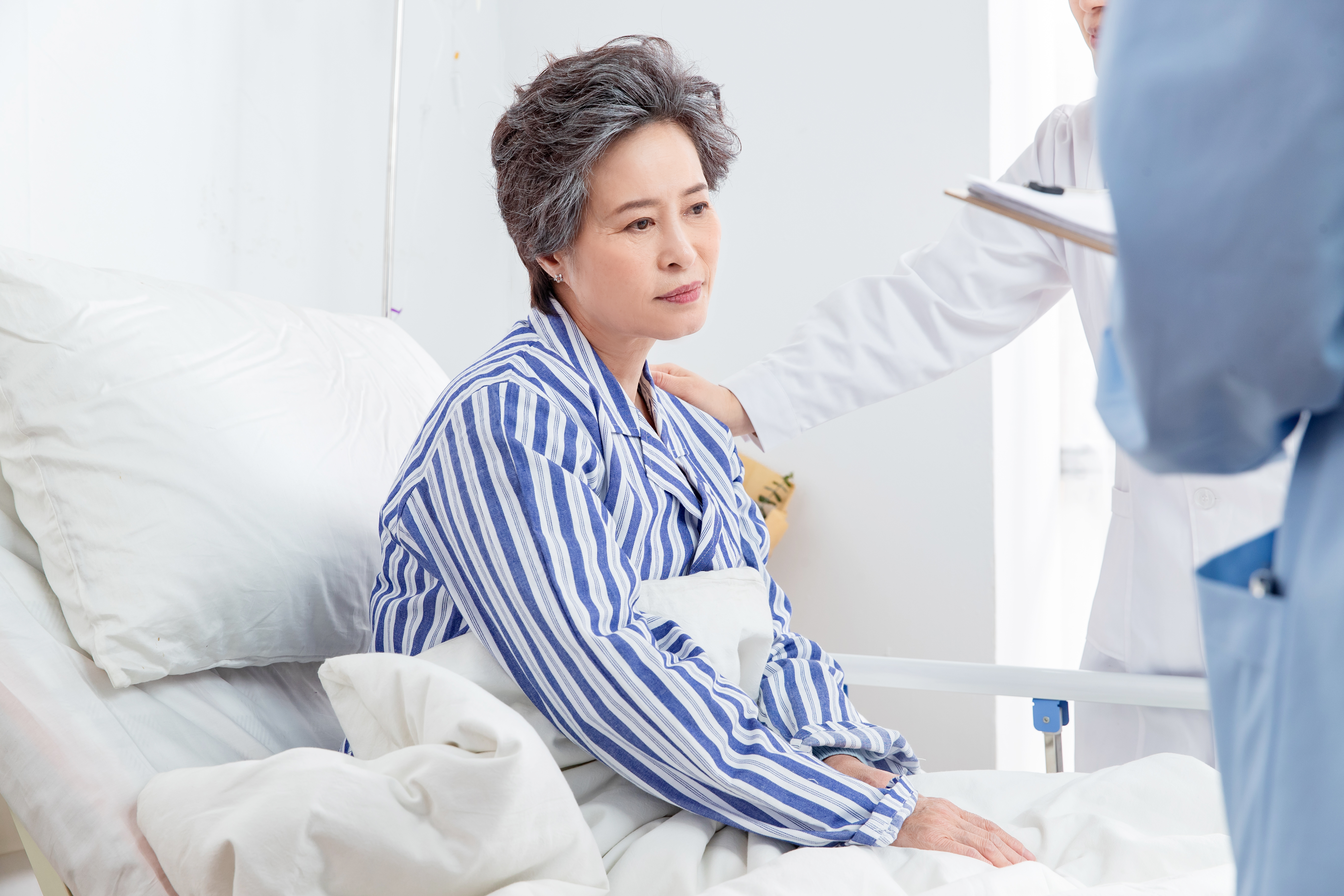In autumn, the weather becomes dry, which leads to the loss of a large amount of water in the body. This is also one of the important reasons for the high incidence of cerebral thrombosis in autumn. At the same time, the viscosity of blood in elderly people is higher, and the blood flows slowly in the blood vessels. In addition, blood vessels lack elasticity, especially in the brain, where the blood vessels are thinner. Once the blood flow is obstructed, cerebral thrombosis can quickly form. Below are some tips for elderly friends on how to keep hydrated in autumn.
Drink water even when not thirsty: Dryness in autumn can cause dry skin and loss of body fluids. Due to the decline in organ function, elderly people have about 15% less body fluids than middle-aged and young people. Therefore, elderly people have poor heat balance and heat resistance. If water is not regularly and timely replenished, it can easily lead to physiological dehydration and increased blood concentration, affecting normal blood circulation and easily triggering serious diseases such as hypertension, cerebral thrombosis, and myocardial infarction. Therefore, elderly people should drink water actively and not wait until they are thirsty.
Drink two glasses of water in the morning: After waking up, drinking two glasses of water on an empty stomach can effectively replenish the water deficiency caused by physiological dehydration, reduce blood viscosity, accelerate blood circulation, promote the rapid excretion of metabolic waste, and play an important role in preventing the occurrence of cardiovascular and cerebrovascular diseases, as well as diseases such as urinary system stones and urinary tract infections.
Avoid excessive drinking: Some elderly people like to drink excessively after physical exercise or housework. This "hasty drinking" method suddenly increases the burden on the heart, lowers blood concentration, causes rapid heartbeat, and leads to palpitations and dizziness. It is even more dangerous for people with heart disease. It can also suddenly dilute gastric juice and damage the gastric mucosa, affecting appetite and gastric digestive function. At the same time, drinking water too quickly makes it difficult for the body to absorb water normally, which not only cannot effectively quench thirst but also causes excessive sweating and leads to arrhythmia and blood pressure abnormalities.
Drink a glass of plain water before bed: The occurrence of cerebral thrombosis is mostly in the morning to the morning period, indicating a certain relationship between increased blood viscosity and the occurrence of cerebral thrombosis. The viscosity of human blood changes throughout the day with certain regularity: the blood viscosity is highest from 4 a.m. to 8 a.m., gradually decreases, reaches the lowest point in the early morning, and then gradually rises to reach the peak again in the morning. Therefore, elderly people, especially before going to bed, should drink about 200 ml of water. This way, the blood viscosity in the body will not only not increase the next morning but also decrease. The medical community generally believes that drinking water at night can indeed reduce blood viscosity, maintain smooth blood flow, and prevent thrombosis formation.






